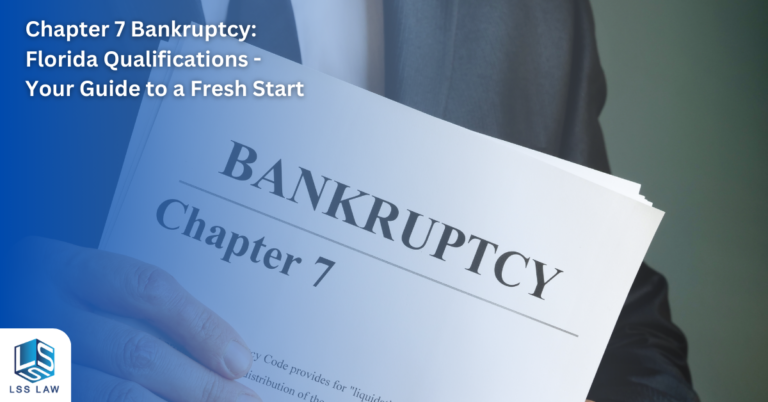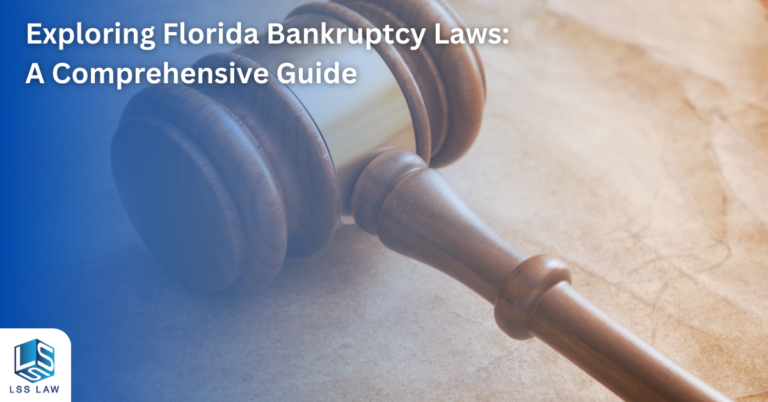One of the most common questions we get from clients is how bankruptcy will impact their credit score. For many individuals, their past due payment history, lawsuits, and repossessions have already damaged their credit score, so filing for bankruptcy does not have a significant impact. This is especially true when compared to how effective bankruptcy is in eliminating debt and getting the person’s financial life back on track. However, it is important to understand that there are differences between how long a Chapter 7 and Chapter 13 filing stays on your credit report.
A Chapter 7 bankruptcy remains on your credit report for 10 years from the time you file. A Chapter 13 bankruptcy, on the other hand, will only be on your credit report seven years from the time you file. Why the difference? Chapter 13 cases involve the debtor repaying a portion of what is owed to creditors. As a result, a Chapter 13 debtor’s credit score tends to be less affected than a Chapter 7 debtor’s score.
If you are deciding whether to file a bankruptcy case or not, there are additional factors other than how it will impact your credit score that is important to consider. First, you must determine which type of case you are eligible to file. Additionally, filing a Chapter 7 may remain on your credit report longer, but you also receive your discharge (elimination of debt) quicker. A typical Chapter 7 case lasts approximately four months, so you can start rebuilding your credit faster. In Chapter 13, you do not receive your discharge of debt for three to five years.
For help determining which type of filing you qualify for and which would be most advantageous for you, contact LSS Law. We will review all of your finances, including your credit report, and fully explain all of your debt relief options.
Please keep in mind that every case is different, so if you are thinking of filing bankruptcy, and would like to schedule a no-cost consultation, please contact our office by completing the form on this website or calling us at 954-466-0541.





